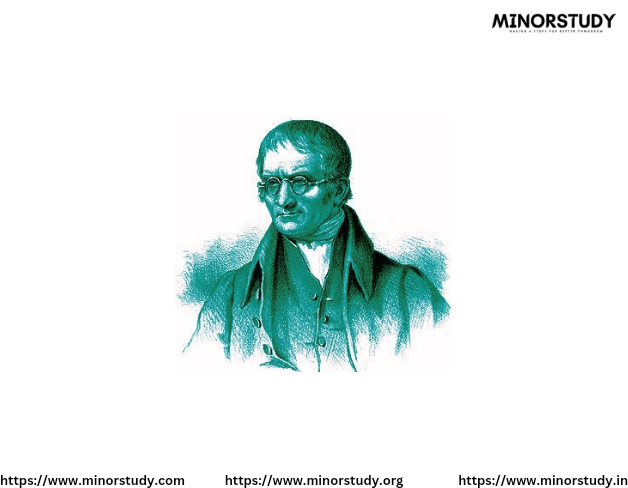Marie Curie
- Minorstudy Web blogs
- Dec 6, 2024
- 3 min read

Marie Curie (November 7, 1867 – July 4, 1934) was a pioneering physicist and chemist, celebrated for her groundbreaking work on radioactivity. She was the first woman to win a Nobel Prize, the only woman to win the award in two scientific fields, and the first person to win it in two different categories: Physics and Chemistry. Her discoveries not only revolutionized science but also opened doors for women in research.
Early Life:
Born: November 7, 1867, in Warsaw, Poland, as Maria Skłodowska.
Marie showed an early aptitude for science, but as a woman in occupied Poland, she faced barriers to higher education.
In 1891, she moved to Paris and enrolled at the University of Paris (Sorbonne), where she earned degrees in physics and mathematics.
Scientific Achievements:
1. Discovery of Radioactivity:
Building on the work of Henri Becquerel, who discovered natural radioactivity, Marie conducted extensive experiments.
Coined the term "radioactivity" to describe the phenomena.
2. Discoveries of Polonium and Radium:
In 1898, Marie and her husband Pierre Curie discovered two new elements:
Polonium (named after Poland, her homeland).
Radium, noted for its intense radioactivity.
3. Development of Techniques to Isolate Radioactive Isotopes:
Her meticulous work led to the isolation of radium and advancements in understanding radioactive decay.
4. Medical Applications:
Marie Curie's research laid the foundation for the use of radiation in medicine, particularly in cancer treatment through radiotherapy.
Nobel Prizes:
1903: Shared the Nobel Prize in Physics with Pierre Curie and Henri Becquerel for their work on radioactivity.
1911: Won the Nobel Prize in Chemistry for her discovery of radium and polonium and her studies on their properties.
Challenges:
Marie faced significant obstacles as a woman in a male-dominated scientific community.
After Pierre’s untimely death in 1906, she continued their research while raising their two daughters, often battling prejudice and isolation.
Later Life and Death:
During World War I, Marie developed mobile X-ray units (nicknamed "Little Curies") to assist battlefield surgeons.
Prolonged exposure to radiation led to her death from aplastic anemia on July 4, 1934.
Legacy:
1. Scientific Impact:
Marie’s work established the field of radioactivity, influencing physics, chemistry, and medical sciences.
Her discoveries remain fundamental to the study of atomic physics.
2. Breaking Barriers:
As the first woman to win a Nobel Prize, she opened pathways for women in science.
She was the first female professor at the University of Paris.
3. Institutions and Honors:
The Curie Institutes in Paris and Warsaw continue to lead in medical research.
Her name is immortalized in the periodic table with the element Curium (Cm).
4. Inspiration:
Marie’s life story inspires generations of scientists, particularly women, to pursue their passions despite societal obstacles.
Interesting Facts:
Marie never patented her discoveries, believing science should serve humanity.
Her laboratory notebooks remain radioactive and are stored in lead-lined boxes for safety.
Both her daughter Irène Joliot-Curie and son-in-law Frédéric Joliot-Curie won Nobel Prizes in Chemistry in 1935 for their work on artificial radioactivity.
Quotes:
"Nothing in life is to be feared; it is only to be understood."
"Be less curious about people and more curious about ideas."
"One never notices what has been done; one can only see what remains to be done."
Significance:
Marie Curie’s relentless pursuit of knowledge and her transformative discoveries revolutionized science and medicine. Her life exemplifies the power of perseverance, intellect, and the belief in using knowledge for the greater good.











Comments